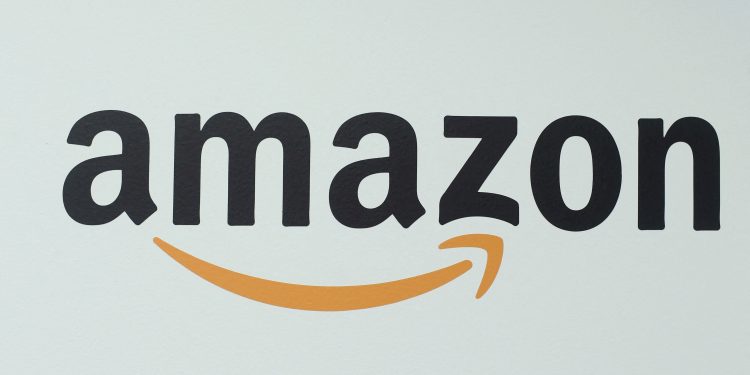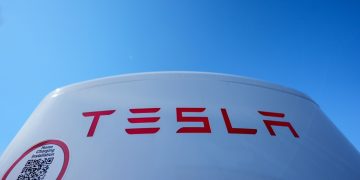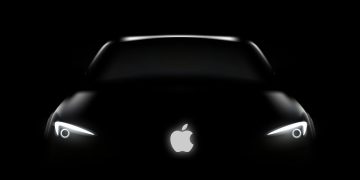In a significant development in the tech and e-commerce landscape, Amazon and iRobot have decided to abandon their proposed merger following strong opposition from the European Union (EU). The strategic move, which aimed to bring together the e-commerce giant and the robotics company, faced regulatory roadblocks that proved insurmountable.
The proposed merger, initially announced with great anticipation, sought to combine Amazon’s vast online retail empire with iRobot’s cutting-edge robotic technologies, particularly its popular Roomba line of robotic vacuum cleaners. The merger was seen as a potential game-changer in the evolving landscape of smart home devices and artificial intelligence.

However, the European Union’s antitrust regulators raised substantial concerns about the potential anti-competitive effects of the merger. The EU’s opposition was rooted in fears that the amalgamation of Amazon and iRobot would stifle market competition, giving the combined entity an unfair advantage in the burgeoning smart home and robotics sectors.
Amazon and iRobot, responding to the EU’s reservations, decided to withdraw their merger application to avoid protracted legal battles and uncertainties surrounding the approval process. Both companies issued statements expressing their disappointment but emphasized their commitment to complying with regulatory requirements.
In a joint statement, Amazon and iRobot stated, “While we firmly believed that our proposed merger had the potential to drive innovation and benefit consumers, we respect the concerns raised by the European Union. After careful consideration, we have decided to withdraw our merger application, prioritizing compliance with regulatory standards.”
The EU’s stance reflects a broader trend of increased scrutiny on large tech mergers, with regulatory bodies globally aiming to prevent the concentration of power that could potentially limit consumer choices and stifle competition.
Amazon, known for its diverse portfolio of products and services, continues to navigate the complex regulatory landscape. The decision to abandon the merger with iRobot highlights the challenges faced by tech giants in seeking approval for major strategic moves, even as they strive to remain at the forefront of innovation.
The fallout from the abandoned merger may lead both companies to explore alternative strategies for growth and innovation independently. As the tech industry continues to evolve, regulatory scrutiny is likely to shape the trajectory of major mergers and acquisitions, with companies being compelled to balance their ambitious plans with the need to comply with antitrust regulations.













